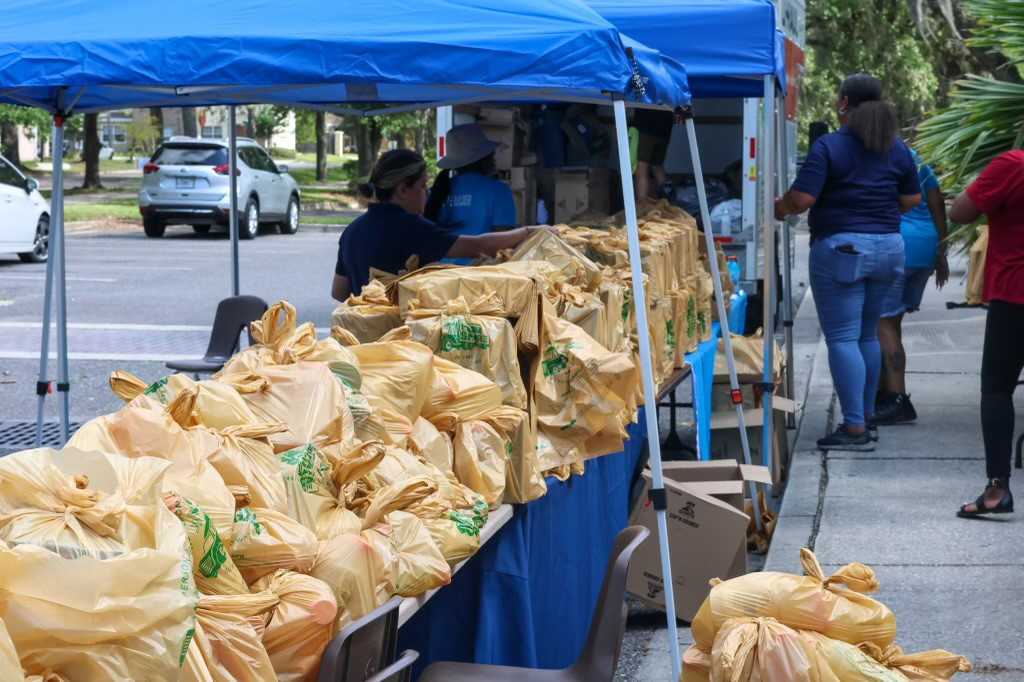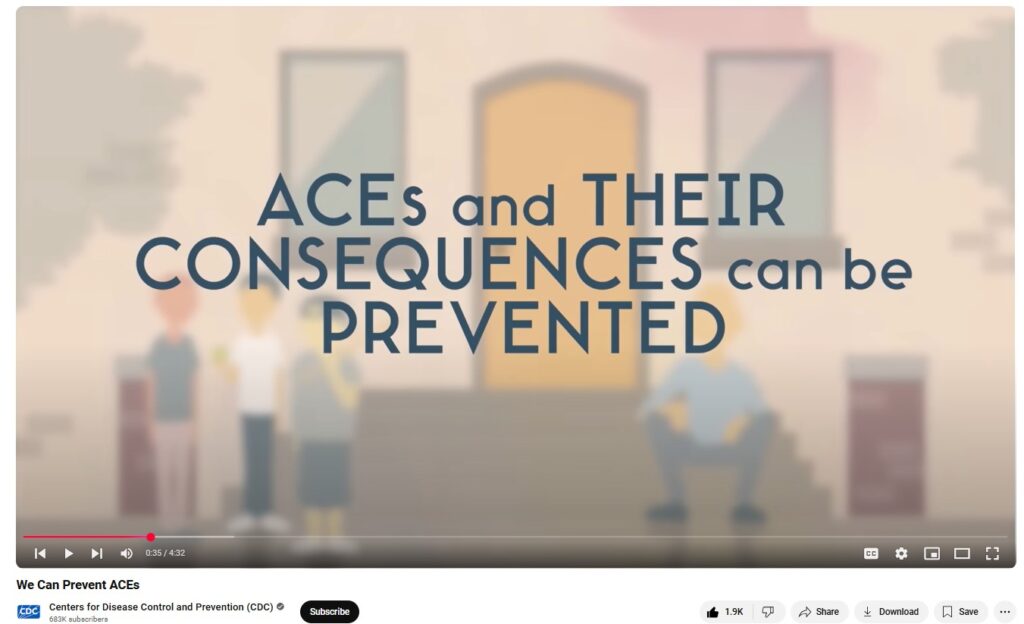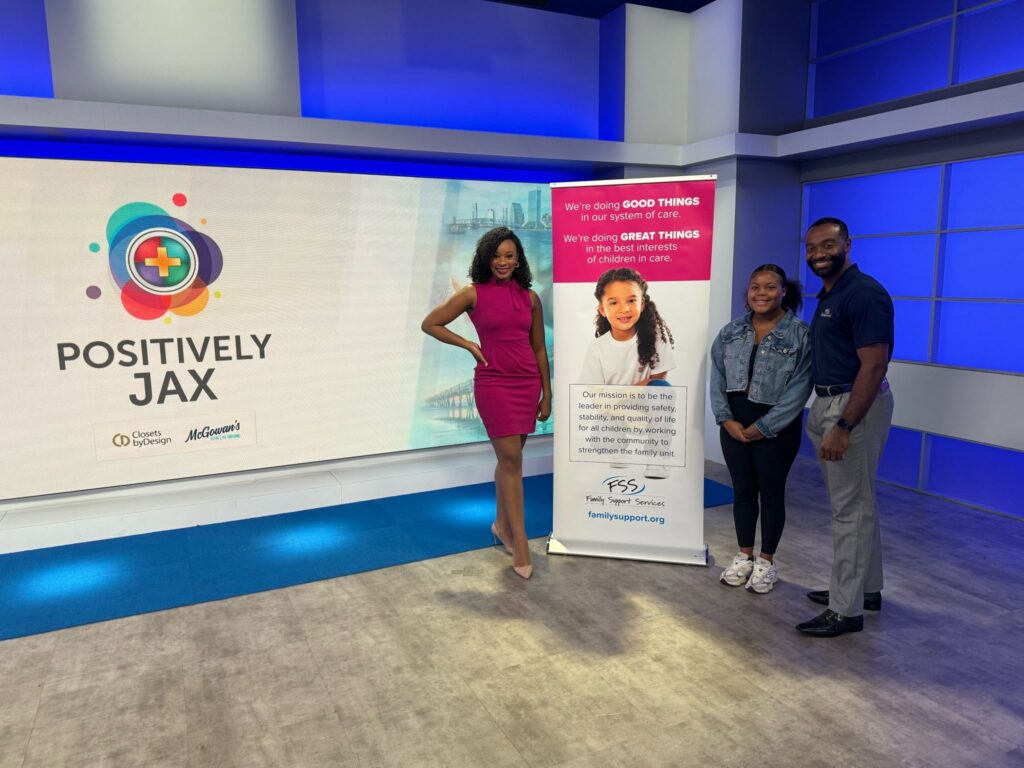At any given time, about 110,000 children in the U.S. are in the foster care system, according to the Senate Caucus on Foster Youth. These kids are hoping to be reunited with their biological families, permanently adopted into a stable home, or at a minimum, placed with a foster family. More than anything, what they want—what every child wants—is simply a loving, consistent family environment to grow up in.
About 26,000 of those children, almost 25 percent, are between the ages of 12 and 17, the Senate Caucus adds. As teenagers, they face an already difficult transition to adulthood, but with an extra helping of uncertainty—at the exact time in their lives when they crave stability the most.
Meanwhile, many adoptive and foster parents express a preference for younger children over teens. As a result, teens often have the hardest time getting placed with a foster family and being adopted.
What becomes of them? Some live in group homes; others get by as best they can. They wait, watching an elusive dream slip away as they age. With each birthday, they know they may age out of the foster system eventually (if not reunited with their families) and will need to fend for themselves.
It’s a traumatic experience to be left behind, on top of the trauma already experienced being removed from home in the first place, and it can have lasting consequences. Without proper nutrition and healthcare, some get sick—and certainly will during the current coronavirus pandemic. Without proper education, guidance and structure, many enter adulthood unprepared to live on their own.
This heartbreaking dynamic stems at least partly from misinformation and fear on the part of adoptive and foster families. Consider these facts that can help you re-evaluate your own assumptions about teens and the foster care system.
- Teens enter foster care because of circumstances beyond their control. Those circumstances can include abandonment or death of biological parents; lack of extended family members who can step in; parents who are incarcerated. The teens don’t deserve those bad breaks any more than you do. They’re not inherently bad people. And a nurturing, dependable home life goes a long way to helping them turn their lives around.
- Teens aren’t harder to foster than young children. Their needs are different because they’re at different points on a development journey. But all children, at any age, need love, guidance, safety and structure. And providing that kind of environment is one of the most unselfish and rewarding things you can do.
- They’re teenagers. They have the same challenges and behavioral issues as any other youth emerging from childhood. In some cases, they are no more—or less—difficult to care for than any other teenager. In other cases, where a teen may have experienced a traumatic situation, specialized parental training is available to help understand and support behavioral impacts.
- They’re not too old to benefit. Teens can and do thrive in foster homes, just as younger children in foster care do. Becoming a foster parent means meeting the child where they are and helping them develop into a well-rounded young adult.
- They’re not ready to live independently at age 18. Humans don’t reach full maturity until age 23 to 25; only 5 to 10 percent of 18-year-olds have the judgment and skills to live independently. Though a teen in foster care may be a few years away from aging out of the system, they’re still a child. We never outgrow our need for family ties.
- You won’t go it alone. Foster care agencies nationwide support foster families in numerous ways––through extensive guidance, resources and a wide range of special training to equip foster parents for any special challenges they’re likely to encounter.
If you’re considering providing foster care, consider fostering a teen through Family Support Services (FSS). Teens need, and deserve, your support just as much as younger kids do. For more information contact us at 904.421.5800.








